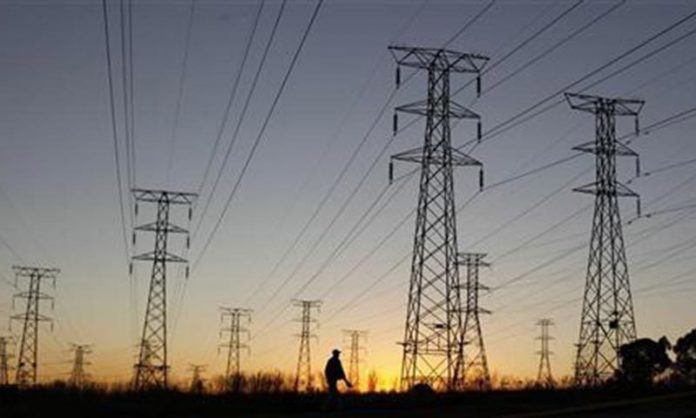KARACHI: Since the issue of Multi Year Tariff (MYT) determination for KE dated March 20, 2017, by NEPRA, the market capitalisation of KE has fallen by 31 per cent or Rs 77 billion. With company’s free float of about 9.2 per cent, this translates into a loss in value of Rs 7.1 billion for the minority shareholders of the company.
A minority shareholder, Faisal Bengali sent his complaint to NEPRA regarding MYT determination for K-Electric and demanded NEPRA to review it to ensure that all stakeholders’ interests are protected.
According to his letter, the MYT determination seems seriously flawed carrying grave consequences at multiple levels. The tariff determination has not only made extremely adverse implications for the investors, lenders, suppliers and employees of K-Electric but more importantly, it undermines the economic viability of K-Electric. Moreover, the tariff determination has dealt a death blow to the proposed acquisition by Shanghai Electric, which would have attracted investment into the country.
Regardless the huge loss to the shareholders, he believed K-Electric’s consumers and the country shall prove to be even bigger losers unless the MYT determination is thoroughly reviewed and replaced by an economically viable tariff regime.
In the letter, Bengali said utility business is globally considered as a stable business. While investors do not expect to reap windfall profits however they also do not expect utility companies to suffer losses.
The investment and risk profile for power distribution segment in on a much higher plane that of power generation. Unlike IPPs which are covered by sovereign guarantees, power distribution is a far more complex business requiring constant investment. It is only natural to expect the tariff framework for distribution companies to take into account the investment and risk profile of the business, which demands a much higher return than that extended to the IPPs.
He said there are several fundamental anomalies in the current methodology for tariff determination. Unlike IPPs that are entitled to ROE on the original dollar value of equity investment, power distribution companies get returns on declining (net of depreciation) rupee book value of assets.
K-Electric has not paid out any dividends to shareholders for decades. It reported a pre-tax profit of Rs 25 billion in the fiscal year 2015-16 but that is expected to turn into a loss under the new MYT regime.
While IPPs are exempt from income tax for life, K-Electric is subject to corporate taxation, which only increases with improvement in financial performance. Moreover, unlike some IPPs earnings up to 70 per cent ROEs, K-Electric’s tariff envisages clawback provisions if returns exceed certain return threshold.
Under the current management, K-Electric has undergone remarkable transformation despite conditions in the country. K-Electric has made massive investments in generation, transmission and distribution networks.
The new MYT of K-Electric shall make the company economically unsustainable. Unlike public sector distribution companies, K-Electric does not receive any subsidies, making it difficult to provide electricity to its consumer. While I am not a proponent of abnormal profits for businesses, I do believe that there has to be a balance between risks and rewards, Bengali added.
It is not just K-Electric’s economic viability that has been put at stake by the new MYT but NEPRA’s own credibility as the regulator has come under question. NEPRA can play a leading role in creating a watershed moment in power transmission and distribution market by introducing an investor-friendly regime for the T&D segments.




